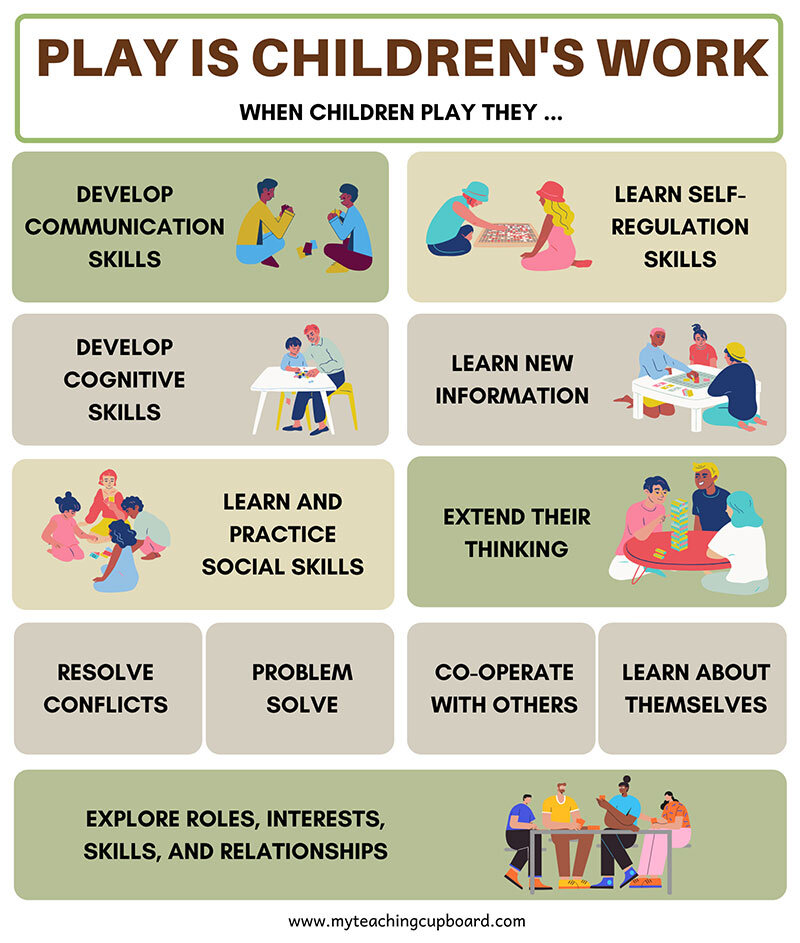Planning a Cognitive Psychology Practice for Beginners
Planning a Cognitive Psychology Practice for Beginners
Blog Article
Why Establish a Private Psychology Clinic
Opening a psychology practice offers flexibility that many mental health professionals desire. Instead of working under someone else’s rules, you can design your therapeutic approach.
Financially, owning a psychology practice can increase your income potential. Instead of sharing fees with agencies, you keep what you earn after expenses.
Another reason to open your own psychology office is the ability to create a space that aligns with your values. You can choose decor, therapy tools, and resources that reflect your philosophy.
How Much Does It Cost to Set Up a Psychology Practice
The cost to set clique aqui up descubra mais a como organizar agenda de pacientes psychology practice depends on location. On average, setting up a small private office might range from $5,000 to $20,000, covering furniture.
Technology like scheduling software and secure video platforms is essential if offering teletherapy.
Starting small can reduce upfront costs: some psychologists begin with shared office spaces or part-time leases.

Building a Therapy Practice from Home
Soundproofing is essential to protect confidentiality.
Legal requirements may vary: check zoning laws to ensure home offices are allowed in your area.
Technology is crucial for a home practice: invest in reliable internet, video platforms, and secure client management software.
Creating a Cognitive Psychology Practice
Launching a cognitive psychology practice requires specific resources aligned with cognitive-behavioral therapy methods. You’ll need assessment tools that support structured interventions.
Professional development is key: ensure certifications in cognitive therapies are up to date.
Use website content, blogs, and presentations to educate potential clients on CBT’s benefits.
How to Set Up an Online Psychology Practice
Test your lighting, background, and audio to ensure professional video quality.
Ensure your liability insurance covers telehealth services.
Marketing an online practice may focus on SEO-optimized content, social media, and online directories.

Starting a Social Psychology Consulting Office
Equip your office with resources for group sessions, educational workshops, and social skills training.
You may need additional certifications or training in community psychology to support diverse clients.
Attend local events, offer free talks, and engage in grassroots outreach to establish credibility.
How to Grow a Psychology Practice Effectively
A successful psychology practice balances clinical excellence with business strategy. Beyond clinical skills, you’ll need to manage finances.
Consistent communication through blogs, newsletters, or workshops positions you as an expert in your niche.
Lastly, practicing self-care ensures sustainability so you can continue serving clients effectively over time.
Is Setting Up a Psychology Practice Right for You?
From selecting your niche to handling legal paperwork, every decision shapes your future success.
Remember, a thriving practice balances clinical care.
If you’re ready to take the next step, start small, stay focused, and seek mentorship when needed.
FAQ About Setting Up a Psychology Practice
What’s the average investment to start a psychology office?
The cost ranges widely depending on location, size, and services. On average, setting up a small office may cost between $5,000 and $20,000, covering furniture, licenses, insurance, and marketing.
Is a home-based psychology office legal?
Creating a private, professional space within your home is essential for ethical and effective therapy.
How do I run a teletherapy practice?
Always provide clients with informed consent about telehealth limitations and privacy practices.
How can I attract clients to my psychology practice?
Effective strategies include networking with other professionals, listing in therapy directories, creating a website, and offering workshops.
Do I need a business plan for my psychology practice?
It helps clarify goals, estimate costs, and identify potential challenges.
Report this page